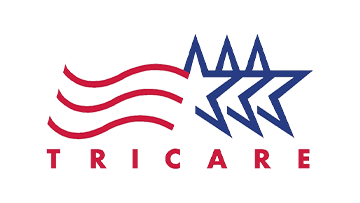Get In Touch
(888) 850-8111
In order to avoid relapse, it’s crucial to recognize the warning signs that could trigger substance use or addictive behaviors. This involves identifying mental, emotional, and physical signals. A vital step is creating coping strategies for these triggers, like steering clear of specific places, managing stress, and engaging in different activities that offer positive reinforcement. Building a strong support network comprising family, friends, and professionals is key for successful recovery. Remember, relapse isn’t a defeat; it’s a chance to learn and make changes for lasting healing. With the right mindset and dedication, anyone can conquer addiction.
The aim of preventing relapse in addiction treatment is to reduce the chances and severity of relapse using cognitive-behavioral methods. This includes identifying potential triggers or warning signs of relapse and developing strategies to address them proactively. Key elements of relapse prevention involve learning coping strategies, identifying high-risk scenarios, and setting up a support network.
Establishing a robust support system is key to achieving and sustaining recovery goals. Friends and family can offer encouragement, empathy, and advice. Engaging with a recovery support group or connecting with peers in recovery can also enhance involvement and camaraderie during the journey.
To steer clear of drugs or other addictive tendencies, it’s vital to cultivate and apply healthy coping mechanisms. Engaging in activities like exercise, journaling, or meditation can aid in stress management and decreasing relapse risks. Furthermore, preparing for potential cravings and triggers empowers individuals to devise a strategy for effectively handling challenges in the recovery process.
Remember, relapse prevention is an ongoing process that requires constant effort and dedication. It’s essential to understand that a slip or minor setback does not mean complete relapse. It’s important to use the techniques and tools learned in treatment to get back on track and continue progressing towards lasting success. However, it’s also crucial to recognize that adjustments may be necessary in order to maintain sobriety in the long term.
With the support of an alumni program, a strong network of peers, and the use of coping strategies and mindfulness techniques, individuals in recovery can prevent relapse and continue on their journey towards a fulfilling life beyond addiction. Recovery is achievable with dedication and perseverance, and by utilizing all available resources for ongoing support.

24/7
Colorado Behavioral Health works with all major insurance companies and is pleased to be an In Network provider with Aetna, Anthem Blue Cross (accepting most BCBS Blue Card plans), First Health, Kaiser Permanente of Southern California, MHN, TriCare West and Quantum Health.





